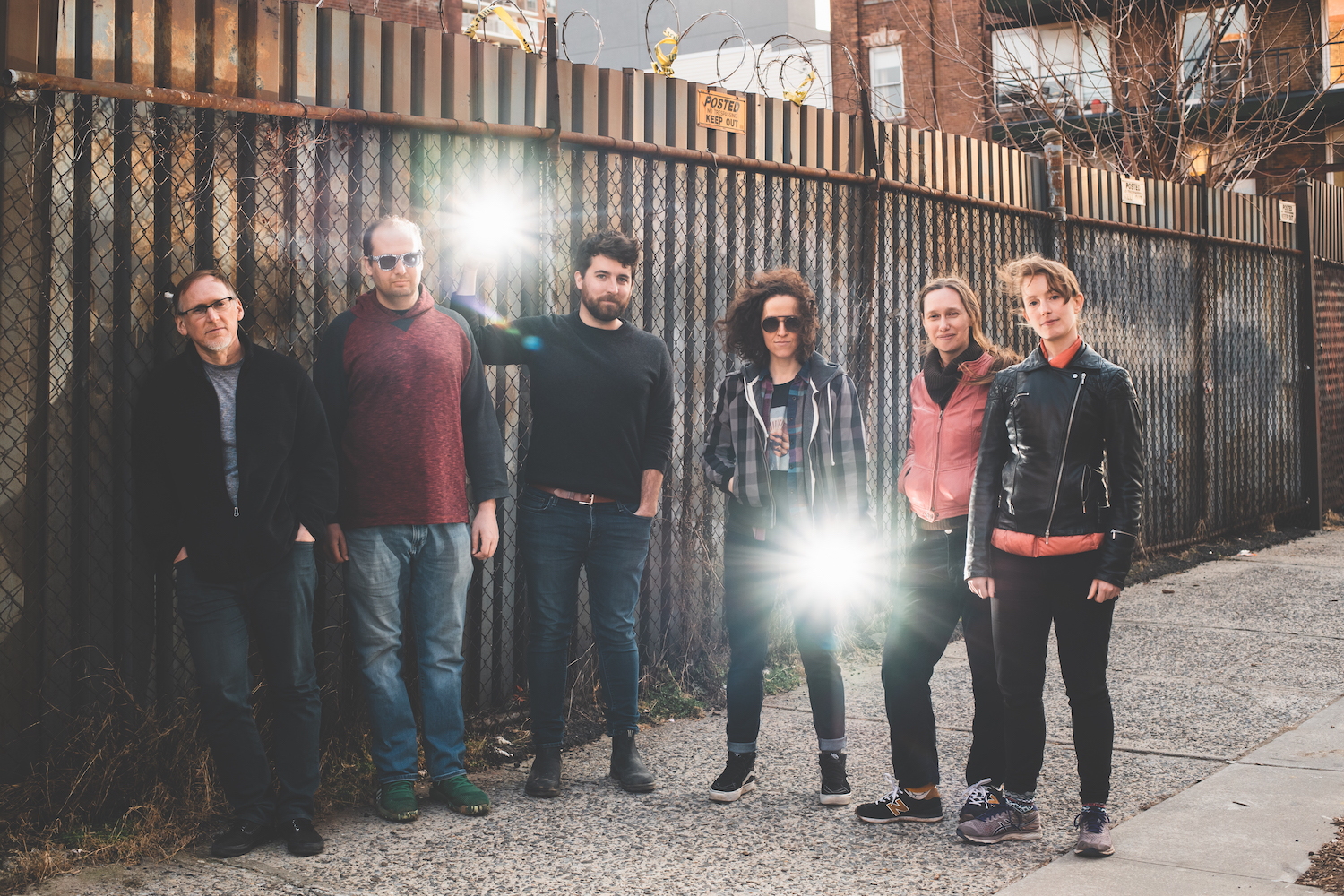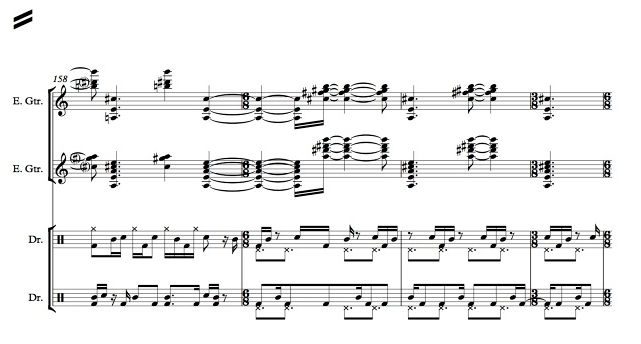
As late January’s nor’easter dropped nearly two feet of snow in Tiverton, Will Mason prepared for his students’ return to in-person classes following extra Omicron precautions. After a week of slow snowmelt, heavy rains gave way to a flash freeze. When Mason stepped outside on Saturday morning for a walk with his dog, he described the ice-encrusted environment as a “juxtaposition of motion and stillness, force and resistance.” Mason listened to the wind. With a mild apology for departing from his postmodern milieu, he recalled a poem by Wallace Stevens:
For the listener, who listens in the snow,
And, nothing himself, beholds
Nothing that is not there and the nothing that is.
An assistant professor of music technology and theory at Wheaton College in Norton, Mass., Mason advises his students that “interesting music is made by interesting people.” Encouraging them to cultivate different sources of inspiration, he argues that a film or a book, or a walk around a city or on a rural trail, could subsequently manifest in art as much as hours in the thrall of the composers he teaches most often: Johann Sebastian Bach and Duke Ellington.
“I try to have it feel like an experimentation sandbox and less like a math class,” said Mason.
During a childhood day trip to Boston from his hometown of Falmouth, Maine, Mason slipped from his seat at the Museum of Science’s Mugar Omni Theater during an immersive panorama – the scenes and sounds triggering an involuntary perception of action rather than observation. In high school, he drove around Portland’s suburbs lost in the counterintuitive time signatures of the drums on Radiohead’s albums, Kid A and Amnesiac. As an undergraduate studying political science and contemporary improvisation at Oberlin College, a liberal arts school and musical conservancy 30 miles west of Cleveland, Mason discovered a vast world in the avant-garde.
Having recorded and toured with Like Bells, instrumentalists in the footsteps of Do Make Say Think, Mason moved to New York for a PhD program in music theory at Columbia University. While living in the East Village of Manhattan, he suffered a sudden inability to sleep, explaining in an essay: “it was a watershed year in both my academic and musical life and I couldn’t shut my mind off at the end of the day, and irritation at being unable to sleep only compounded the situation.” Mason’s struggles with insomnia and anxiety led to hallucinations, and new ideas.
“I spent a lot of nights sitting at my kitchen counter sketching music,” said Mason. “In general I became fascinated with the ways that exceptional or aberrant psychological states have contributed to various musical traditions across the globe and across history.”
While Mason mitigated his risk of psychoses with treatment, the drafts he composed during what he considers “a kind of productive isolation” laid the framework for a two-drum, two-guitar avant-rock project, Happy Place, named with an ironic nod to its bleak origins. After the 2016 release of Northfield, the four-piece welcomed sopranos Elaine Lachica and Charlotte Mundy. The sextet mixed its 2020 album, tendrils, at Machines with Magnets in Pawtucket. The vocals, Mason said, contrast with “lower, crunchy guitars” and the “low end heft” of distorted drums.

Dissonant and disconcerting, Happy Place’s albums imbue the forceful quirk of Shellac and Don Caballero with the spirit of Sun Ra. Released by the independent label Exit Stencil Recordings, both Northfield and tendrils could be at home in the older catalogs of Southern and Touch & Go Records. The band’s artistry fits as much in a time machine to the warehouse shows of Fort Thunder as in a black box theater on campus at Berklee College of Music.
After moving to RI for the position at Wheaton, Mason anticipated performing live, but the pandemic put those intentions on hold. Around classes, he began to adapt his dissertation into a book on the illusory feelings conjured by “human-machine couplings in the studio” – the tools used to make modern music. He wrote new compositions from his parents’ home on the island of Vinalhaven, Maine, and sought inspiration on woodland walks in neighboring Little Compton.
As well as listening to “the junipers shagged with ice, / The spruces rough in the distant glitter” on a snowy day with Wallace Stevens, Mason returns to John Cage’s lectures on silence and the Alaskan journals of John Luther Adams. Crediting composer Pauline Oliveros, Adams reflected, “These days, most of us are inundated with music and other sounds. I feel very fortunate to live in a place where silence endures as a pervasive, enveloping presence.”
“Doing and knowing are inseparable,” said Mason. “I try to keep things very hands-on.”
Happy Place makes its RI debut with Brooklyn-based free-jazz player Ned Rothenberg at The Columbus Theatre, 270 Broadway, PVD on Sat, Mar 12. Doors 7pm. Show 8pm. All ages. $15 (at press time). Proof of full COVID-19 vaccination required.